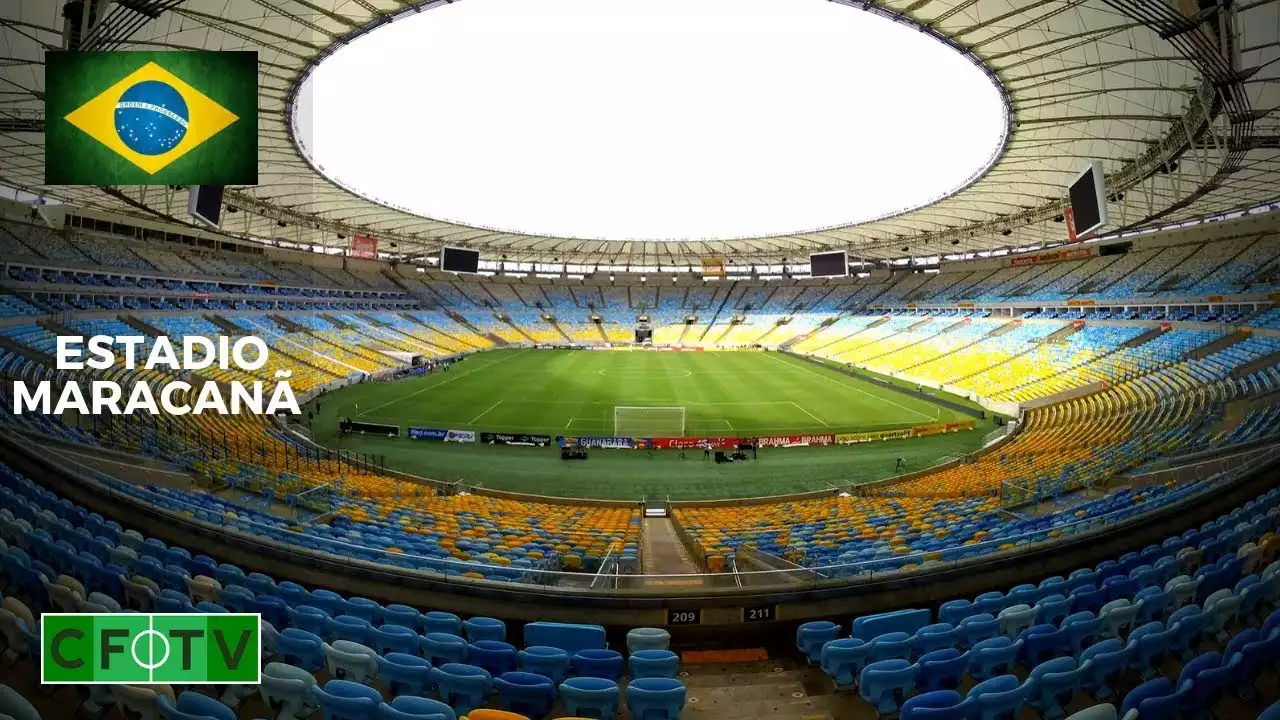Importance of hosting the tournament
Hosting the FIFA Women's World Cup is not just a matter of prestige; it is an opportunity to showcase a nation's passion for football and its commitment to gender equality. The tournament serves as a platform to promote women's sports and empower female athletes on a global scale. It brings together nations from all corners of the world, uniting diverse cultures under a common love for the game. Moreover, hosting the Women's World Cup can have a significant economic impact, boosting tourism, creating job opportunities, and leaving a lasting legacy for the host country. With so many benefits at stake, selecting the right locations to host the tournament becomes crucial.
Key considerations for hosting the FIFA Woman's World Cup
When deciding on the host locations for the FIFA Women's World Cup, several factors need to be taken into account. Firstly, the stadiums and infrastructure must meet international standards to ensure the smooth running of the tournament. Accessibility and transportation are also important considerations, as fans from around the world will be traveling to support their teams. Additionally, the cities must have sufficient accommodation options, entertainment facilities, and a welcoming atmosphere to create a memorable experience for players and spectators. Lastly, the cultural and historical significance of the locations should be taken into consideration, as it adds an extra layer of richness to the tournament.
Location 1: Paris, France
Paris, the city of love and lights, would be a sensational choice to host the FIFA Women's World Cup. The French capital is renowned for its rich history, stunning architecture, and vibrant culture. The iconic Eiffel Tower, the Louvre Museum, and the Champs-Élysées are just a few of the many attractions that make Paris a top tourist destination. The city's passion for football is evident in its numerous football clubs, including the world-famous Paris Saint-Germain. With its excellent transport links and state-of-the-art stadiums such as the Parc des Princes and the Stade de France, Paris has the infrastructure to host a successful tournament. The city's charm, combined with its love for football, would create an electric atmosphere that would leave a lasting impression on players and fans alike.
Location 2: Los Angeles, United States
Los Angeles, often referred to as the entertainment capital of the world, would be an ideal host city for the FIFA Women's World Cup. The city's diverse population, vibrant arts scene, and sunny weather make it an attractive destination for visitors from all over the world. Los Angeles is no stranger to hosting major sporting events, having successfully organized the Olympics and the FIFA World Cup in the past. The city boasts world-class stadiums such as the iconic Rose Bowl and the state-of-the-art Banc of California Stadium. With its extensive transportation network and wide range of accommodation options, Los Angeles has the infrastructure to handle the influx of football fans. Hosting the Women's World Cup in Los Angeles would not only showcase the city's passion for sports but also promote gender equality in one of the entertainment industry's most influential hubs.
Location 3: Sydney, Australia
Sydney, with its breathtaking beaches and iconic landmarks, would provide a stunning backdrop for the FIFA Women's World Cup. The city's laid-back lifestyle, vibrant culture, and love for sports make it a natural choice for hosting such a prestigious tournament. Sydney's world-class stadiums, including the ANZ Stadium and the Sydney Cricket Ground, have a rich history of hosting major sporting events. The city's efficient public transportation system and extensive network of hotels ensure that visitors can easily navigate and find suitable accommodation options. In addition to its natural beauty and excellent infrastructure, Sydney's multicultural society embraces diversity and promotes gender equality, making it an ideal host location for the Women's World Cup.
Location 4: Tokyo, Japan
Tokyo, the bustling capital of Japan, would be a captivating host city for the FIFA Women's World Cup. With its unique blend of traditional culture and modern technology, Tokyo offers a one-of-a-kind experience for visitors. The city's impressive infrastructure, including the world-famous Tokyo Stadium and the National Stadium, would provide top-class venues for the tournament. Tokyo's efficient public transportation system, renowned hospitality, and abundance of accommodation options make it a convenient and welcoming destination for football fans. Japan's strong commitment to gender equality and its love for sports further enhance Tokyo's suitability as a host location for the Women's World Cup.
Location 5: Rio de Janeiro, Brazil
Rio de Janeiro, known for its vibrant Carnival, stunning beaches, and passionate football culture, would be an unforgettable host city for the FIFA Women's World Cup. The city's iconic Maracanã Stadium, which has witnessed historic moments in football history, would serve as an outstanding venue for the tournament. Rio de Janeiro's natural beauty, including the famous Sugarloaf Mountain and Copacabana Beach, would provide a picturesque setting for both players and spectators. The city's infectious energy, lively music, and warm hospitality would create a carnival-like atmosphere that would make the Women's World Cup a truly memorable event. Brazil's rich football heritage and its commitment to promoting women's sports make Rio de Janeiro an excellent choice for hosting the tournament.
Comparison of the five locations
Each of the five locations offers unique advantages and brings its own distinct character to the FIFA Women's World Cup. Paris, with its romantic charm and world-class infrastructure, would create an enchanting atmosphere for the tournament. Los Angeles, with its vibrant entertainment industry and commitment to gender equality, would provide a dynamic and inclusive experience for players and fans. Sydney, with its stunning natural beauty and multicultural society, would offer a memorable and diverse host experience. Tokyo, with its blend of tradition and modernity, would showcase Japan's passion for football and its commitment to gender equality. Rio de Janeiro, with its vibrant culture, infectious energy, and rich football heritage, would create an electrifying carnival-like atmosphere for the tournament. Ultimately, the choice of host locations would depend on factors such as infrastructure, accessibility, cultural significance, and the ability to create a lasting legacy for women's sports.
The FIFA Women's World Cup is not just a tournament; it is a celebration of women's football and a showcase of the world's diverse cultures. The choice of host locations plays a crucial role in shaping the energy and excitement of the event. Paris, Los Angeles, Sydney, Tokyo, and Rio de Janeiro are five potential locations that could serve as perfect stages for hosting the Women's World Cup. Each location offers unique cultural and geographical landscapes, ensuring that the tournament would not only showcase world-class football but also highlight the beauty and diversity of these destinations. Whether it's the awe-inspiring architecture of Paris or the vibrant energy of Rio de Janeiro, each location brings its own distinct character, ensuring that the Women's World Cup would be a memorable event. As we eagerly await the next edition of the tournament, let us celebrate the power of women's football and the global unity it brings.






.png?size=50)



